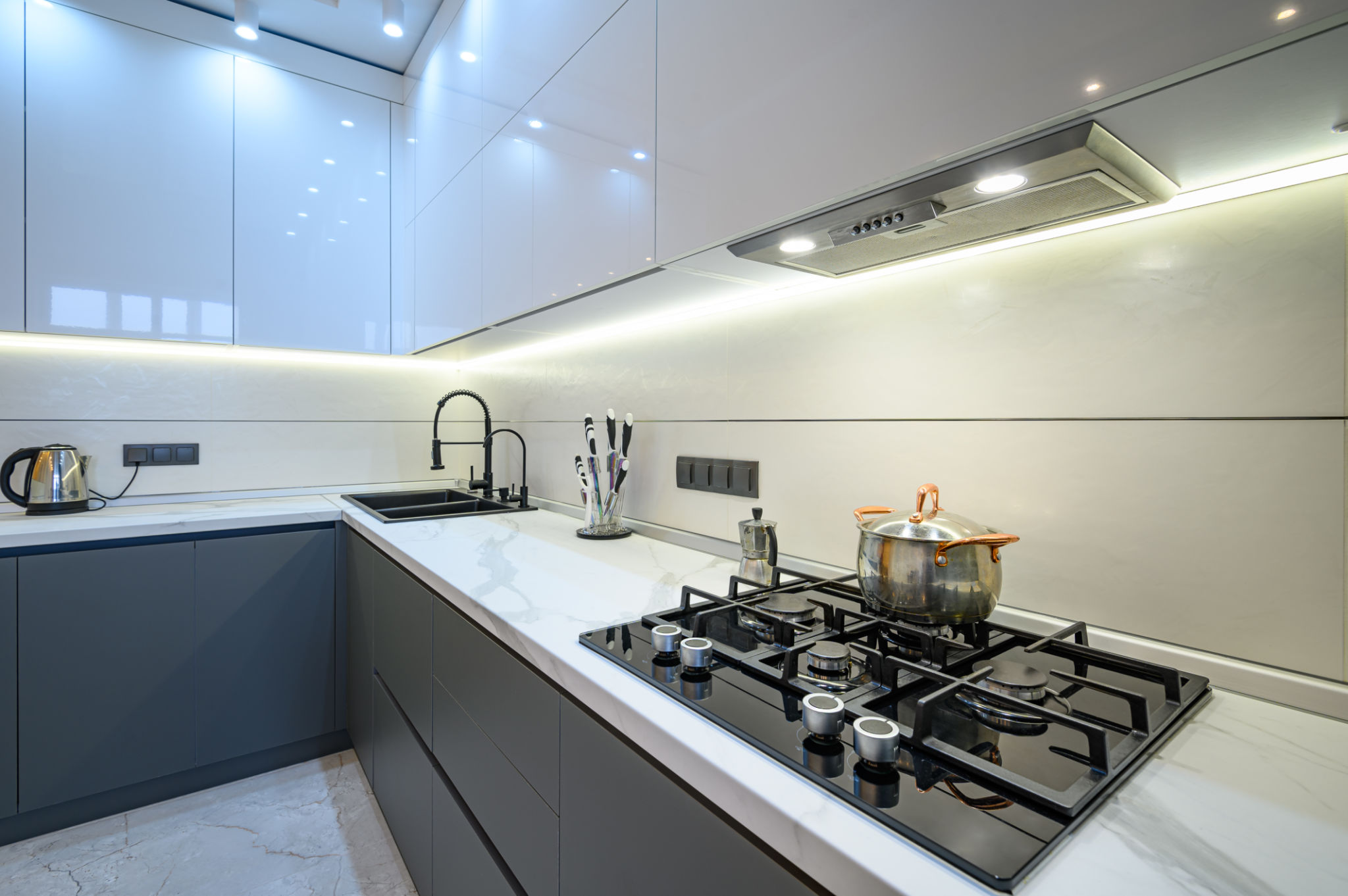The Benefits of Eco-Friendly Kitchens: More Than Just a Trend
Understanding Eco-Friendly Kitchens
Eco-friendly kitchens are becoming increasingly popular, and for good reason. They offer a sustainable way to cook and manage household chores while reducing environmental impact. But these kitchens provide more than just a trendy aesthetic; they represent a commitment to healthier living and conservation.
Switching to eco-friendly kitchen solutions can significantly reduce a household's carbon footprint, conserve energy, and save money in the long term. The focus is not just on the materials used in construction but also on efficient appliances and sustainable practices.

Energy-Efficient Appliances
One of the primary components of an eco-friendly kitchen is energy-efficient appliances. These appliances are designed to use less energy while providing optimal performance. By investing in such appliances, households can reduce their electricity consumption significantly.
For example, refrigerators with an ENERGY STAR rating use about 15% less energy than non-certified models. Similarly, induction cooktops are more efficient than traditional electric or gas stoves, heating only the pan and not the surrounding air.
Benefits of Efficient Lighting
Lighting is another crucial aspect of an eco-friendly kitchen. Switching to LED bulbs can reduce energy consumption by up to 80% compared to incandescent bulbs. LEDs also have a longer lifespan, which means fewer replacements and less waste.

Sustainable Materials and Design
Choosing sustainable materials for kitchen design is essential in creating an eco-friendly space. Materials such as bamboo, reclaimed wood, and recycled glass not only look beautiful but also have a lesser environmental impact compared to traditional options.
These materials are often more durable and require less frequent replacement, contributing to a long-lasting kitchen that continues to be eco-friendly over time.
Water Conservation Practices
Water conservation is another critical element of an eco-friendly kitchen. Installing low-flow faucets and dual-flush toilets can drastically reduce water usage. Additionally, dishwashers designed for efficiency use less water than hand washing.

Reducing Waste
An eco-friendly kitchen encourages practices that reduce waste. This includes composting food scraps, using reusable shopping bags, and avoiding single-use plastics. Implementing a recycling system can also help manage waste more effectively.
By focusing on reducing, reusing, and recycling, households can significantly decrease the amount of waste sent to landfills.
Health Benefits
A less obvious benefit of eco-friendly kitchens is the health aspect. By eliminating toxic materials and opting for natural cleaning products, families can enjoy a healthier home environment. This reduces exposure to harmful chemicals found in many conventional products.

Cost Savings Over Time
While the initial investment in an eco-friendly kitchen might be higher, the savings over time make it worthwhile. Energy-efficient appliances lower utility bills, while durable materials mean fewer replacements and repairs.
Moreover, governments and organizations often offer incentives and rebates for adopting green technologies, further enhancing the financial benefits of going eco-friendly.